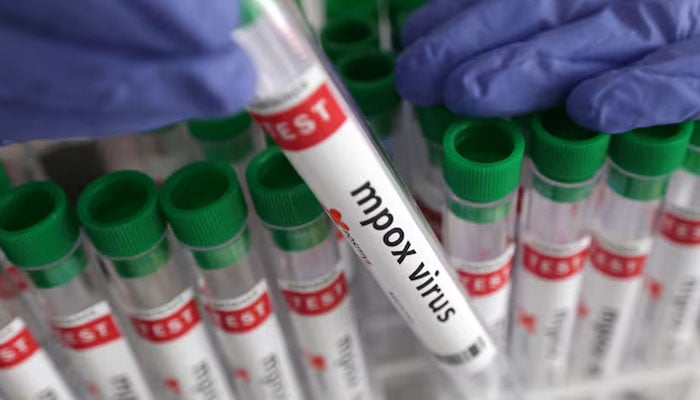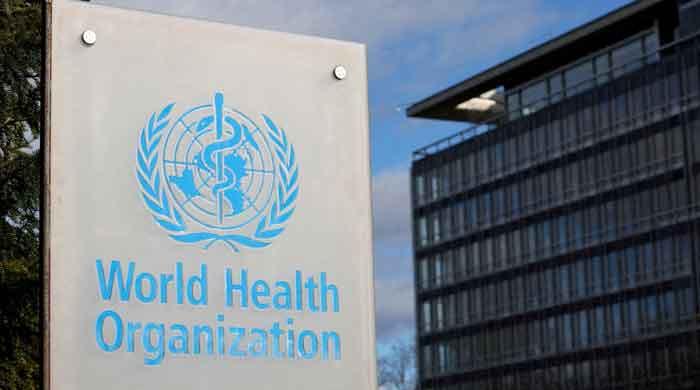UAE reports first case of new clade 1b mpox, says WHO
Disease reported in adult who travelled to Uganda where 2,479 confirmed mpox cases were reported since July
February 14, 2025

The World Health Organisation (WHO) reported on Thursday that the United Arab Emirates (UAE) reported the first case of clade 1b mpox in the country.
The case was reported on February 7 in an adult who recently travelled to Uganda, a country which has reported 2,479 confirmed mpox cases including 16 deaths, since the start of the outbreak in July.
According to a recent multi-country external situation report by WHO, the African country also reported 1,127 confirmed cases — the second-highest number of laboratory-confirmed cases — in the past six weeks, which constitute over a third of all confirmed cases on the continent during this period.
The country continues to observe an escalation in the outbreak as the Democratic Republic of the Congo and Burundi report more stable trends in recent months, the report said.
Mpox is a viral disease related to the now-eradicated smallpox virus and can spread through close contact and through contaminated materials like sheets, clothing and needles, according to WHO.
The patient in the UAE started experiencing mpox symptoms on January 11 and was diagnosed with the disease on January 18.
The patient, whose age has not been disclosed, is currently receiving treatment in a hospital.
Additionally, at least seven cases of mpox have been identified in other countries among travellers returning from the UAE, indicating possible community transmission within the country, according to WHO.
The United States Centres for Disease Control and Prevention (CDC) has revealed that while some outbreaks of clade I mpox have killed up to 10% of people who get sick, more recent outbreaks have had lower death rates.
Those at risk of having more severe infections include infants, people with severely weakened immune systems and pregnant women.












